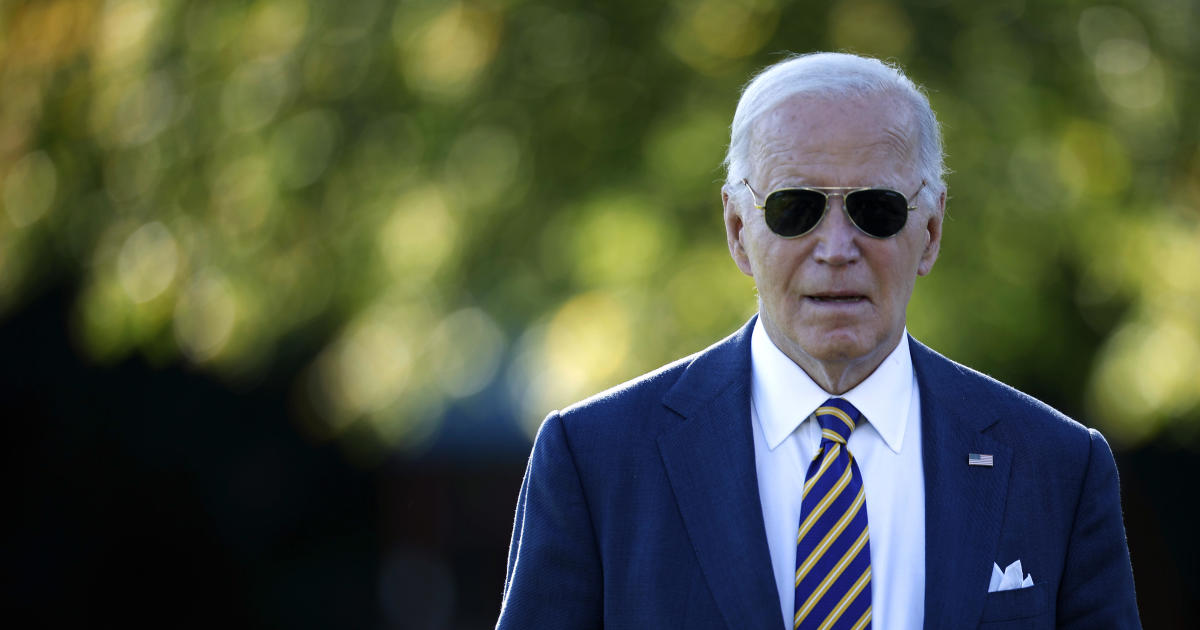The 2024 US Presidential Election is rapidly approaching, with the race between the frontrunners, former President Donald Trump and Vice President Kamala Harris, proving to be exceptionally tight. President Biden, having opted against seeking re-election and endorsing Harris, will cast his early vote on Monday, highlighting the upcoming election’s significance. His decision to vote early, coupled with his endorsement of Harris, underscores the Democratic party’s strategy to rally support behind their chosen candidate. This comes amidst a backdrop of national polls showing a near deadlock between Harris and Trump, and several battleground states experiencing incredibly close margins. This situation presents significant challenges and opportunities for both campaigns in the final stretch of the election. The president’s early vote, while seemingly routine, carries symbolic weight given the tight nature of the race and the high stakes involved for the future of the United States.
The Biden Endorsement and its Impact
President Biden’s early endorsement of Vice President Kamala Harris played a crucial role in shaping the Democratic primary race. While other candidates emerged, Biden’s backing provided Harris with immediate name recognition, significant fundraising potential, and a substantial boost in credibility within the Democratic party. This endorsement effectively neutralized potential challenges and allowed Harris to focus her campaign efforts on distinguishing herself from her opponents and positioning herself as the most electable candidate.
Strategic Advantages of Early Endorsement
The timing of the endorsement also proved strategically advantageous. By endorsing Harris early in the campaign cycle, Biden minimized the risk of internal party divisions that could have hurt their collective performance. This solidified party unity and ensured a smoother transition of power if she secured the nomination, reducing potential fragmentation within the party ranks.
Challenges for Harris Despite the Endorsement
Despite the boost provided by the Biden endorsement, Harris faces her own significant challenges. She must navigate the delicate balance of aligning herself with Biden’s administration’s accomplishments while simultaneously distancing herself from unpopular policies or aspects of his presidency. Furthermore, she has the monumental task of winning over voters who may still be undecided, especially those who remain apprehensive about the future direction of the country.
The Tight Race Between Harris and Trump
The current polling data paints a picture of a remarkably tight race between Harris and Trump, with razor-thin margins separating them in several critical battleground states. This underscores the uncertainty and volatility of the election, making predictions exceptionally challenging at this late stage. Both campaigns are likely deploying significant resources to shore up support in key swing states and potentially sway undecided voters.
Battleground State Focus
The intense focus on battleground states reflects the reality of the American electoral system. These states, known for their relatively balanced electorate, often determine the outcome of presidential elections. Campaigns dedicate substantial resources to these states, including extensive advertising, voter mobilization efforts, and targeted outreach programs.
Impact of National vs. Battleground State Polls
While national polls offer a broader view of public sentiment, they don’t necessarily translate directly into electoral college votes. Battleground state polls offer a more nuanced understanding of where campaigns need to concentrate their efforts. These fluctuations between national and localized results, while significant, represent a critical nuance that influences how the campaigns allocate time and funds throughout the concluding campaign efforts.
The Implications of the Election Outcome
The outcome of the 2024 election holds profound implications for the future direction of the United States, spanning economic policy, social issues, and foreign affairs. Both Harris and Trump have presented distinct policy platforms and leadership styles, which suggest potentially contrasting governance approaches. The choice between these two candidates is shaping the trajectory of critical policy debates for years to come.
Domestic Policy Implications
Regardless of which candidate wins, the impact of this election will reshape the future landscape of American politics. Harris’ election would likely represent a continuation of many of the Biden administration’s policies, possibly ushering in new initiatives to address social and economic inequalities and climate change. A Trump victory would likely indicate a significant shift in national priorities and policy orientations with emphasis placed on different aspects of domestic policy and economic reform.
International Relations Consequences
The choice also extends to the international sphere. The relationship between the US and its allies, as well as the approach to addressing global challenges like climate change and international security, could significantly differ under a Harris or Trump presidency. Trump’s approach has historically diverged from many traditionally accepted norms of international diplomacy and foreign policy protocol, while a Harris presidency likely offers a more conventional outlook within this arena.
The Importance of Voter Turnout
The election’s outcome hinges significantly on voter turnout. With polls indicating a closely contested race, the decisions of even a relatively small percentage of undecided voters can be decisive. High levels of voter participation from diverse segments of the population can strongly influence the outcome and increase political representation. Increased turnout could also reduce the political polarization inherent to these types of scenarios.
Takeaway Points
- The 2024 US Presidential election is extremely close, with a near deadlock between Kamala Harris and Donald Trump in many key states.
- President Biden’s early vote and prior endorsement of Harris highlight the Democrats’ focus on securing the win.
- The race is highly dependent on voter turnout in pivotal battleground states.
- The election result will significantly impact both domestic policy and the nation’s foreign relations.




